Comprehensive Couples Counseling and Support at Couples Rehabs
Couples counseling provides significant advantages for partners facing relationship challenges. It offers a structured environment where both individuals can openly discuss their concerns with the help of a trained professional. This process can lead to improved communication, increased understanding, and enhanced emotional connection between partners. By addressing underlying issues and fostering healthier interactions, couples counseling can strengthen the relationship and provide tools to navigate future conflicts more effectively.
Moreover, couples counseling supports both partners in developing coping strategies for managing stress and resolving disputes. It helps identify patterns of behavior that may be contributing to dissatisfaction and provides practical solutions to overcome these patterns. As a result, couples counseling not only addresses immediate relationship problems but also equips partners with skills to maintain a healthier, more fulfilling relationship in the long term.
Treatment Services for Couples 888-325-2454
Common Issues Addressed in Couples Counseling
Couples counseling at Couples Rehabs addresses a wide range of issues that couples may encounter. Common concerns include communication problems, trust issues, financial disagreements, and differences in parenting styles. Therapy sessions focus on understanding the root causes of these issues and developing strategies to resolve them. By addressing these problems in a supportive setting, couples can work together to rebuild trust and improve their relationship dynamics.
Additionally, counseling helps couples deal with more specific challenges such as infidelity, substance abuse, or mental health issues that affect the relationship. The therapeutic process involves exploring how these issues impact the partnership and finding ways to address them constructively. Through this comprehensive approach, couples can gain insights into their relationship patterns and work towards meaningful resolution and healing.
Counseling Approaches and Techniques
Cognitive Behavioral Therapy (CBT)
Cognitive Behavioral Therapy (CBT) is a widely used approach in couples counseling that focuses on changing negative thought patterns and behaviors. CBT helps couples identify and challenge unhelpful thinking patterns that contribute to relationship issues. By understanding and altering these thought processes, couples can improve their interactions and reduce conflict.
In therapy, partners learn to recognize how their thoughts influence their emotions and behaviors. CBT provides practical strategies for replacing negative thoughts with more positive and constructive ones. This approach fosters better communication and problem-solving skills, ultimately leading to a healthier relationship dynamic.
Emotionally Focused Therapy (EFT)
Emotionally Focused Therapy (EFT) is a structured therapeutic approach designed to strengthen emotional bonds between partners. Rooted in attachment theory, EFT addresses the emotional dynamics that influence relationships, aiming to create a deeper, more secure connection between partners. This therapy is particularly effective for couples experiencing distress, as it focuses on identifying and addressing the emotional needs and vulnerabilities that impact their relationship.
- Identifying and Addressing Emotional Needs
At the core of EFT is the exploration of emotional needs and vulnerabilities that may be influencing the relationship. Partners are guided to express their feelings and needs openly, within a safe and supportive environment facilitated by the therapist. This process helps uncover underlying emotional concerns and patterns of interaction that may be contributing to relationship difficulties. By understanding and addressing these needs, couples can work towards resolving conflicts and enhancing their emotional connection.
- Building Empathy and Understanding
EFT emphasizes the importance of building empathy and understanding between partners. Through guided discussions and exercises, couples learn to recognize and validate each other’s emotions, fostering a deeper sense of connection. This increased empathy helps partners respond to each other’s needs more effectively, improving communication and reducing misunderstandings. As couples develop a greater appreciation for each other’s emotional experiences, their relationship becomes more supportive and fulfilling.
- Resolving Attachment Issues
A key focus of EFT is resolving attachment issues that may be affecting the relationship. Attachment theory posits that early relationships with caregivers shape how individuals form emotional bonds in adulthood. EFT helps couples address and heal attachment wounds by creating a secure emotional base within the relationship. This therapeutic approach facilitates the development of a secure and supportive partnership, where both partners feel valued and understood.
- Fostering a Secure Relationship
By enhancing emotional bonds and resolving underlying issues, EFT aims to create a more secure and stable relationship. Couples learn to navigate conflicts with greater resilience and develop healthier patterns of interaction. The therapy’s emphasis on emotional connection and mutual support helps partners build a more fulfilling and lasting relationship. Through EFT, couples can strengthen their emotional foundation, leading to improved satisfaction and stability in their relationship.
The Gottman Method
The Gottman Method is a research-based approach that focuses on building relationship stability and satisfaction. Developed by Drs. John and Julie Schwartz Gottman, this method emphasizes the importance of creating a positive relationship culture and addressing areas of conflict constructively. Key components of the Gottman Method include improving communication, enhancing intimacy, and managing conflict effectively.
Couples use specific techniques from the Gottman Method, such as the “Four Horsemen” concept to identify and address negative communication patterns, and the “Love Maps” exercise to strengthen emotional connection. This approach provides practical tools for improving relationship dynamics and fostering long-term satisfaction.
Role of Individual Growth in Couples Counseling
Individual growth plays a crucial role in couples counseling, as personal development can significantly impact the relationship. In therapy, partners are encouraged to work on their own self-awareness, emotional regulation, and personal goals. By focusing on individual growth, each partner can contribute positively to the relationship and address personal issues that may affect their interactions.
Individual counseling often complements couples therapy by addressing personal challenges such as self-esteem, past trauma, or mental health concerns. This dual approach ensures that both partners are equipped to contribute to the relationship in a meaningful way, fostering a healthier and more balanced partnership.
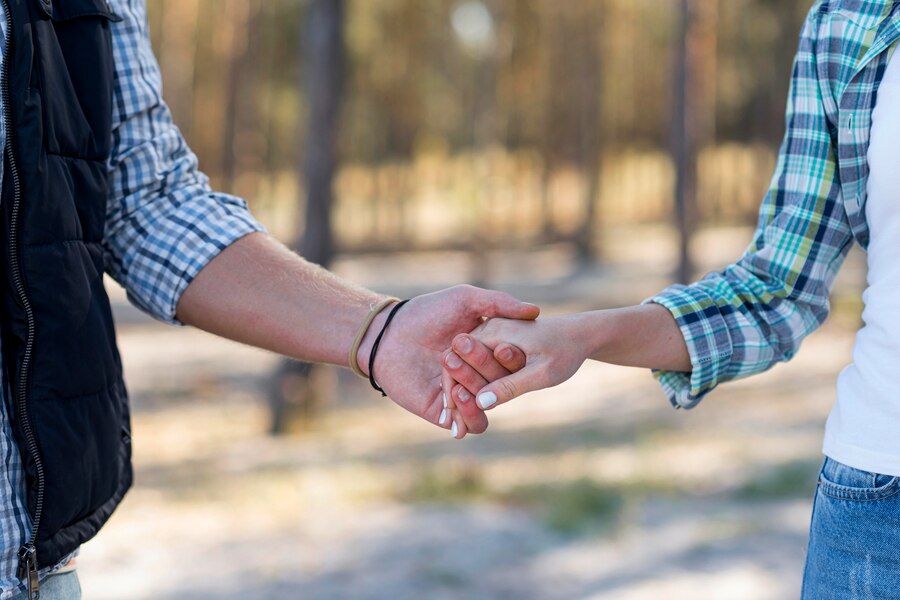
Aftercare and ongoing support are integral to maintaining the progress achieved in couples counseling. At Couples Rehabs, aftercare includes continued access to therapy, support groups, and resources to reinforce the skills and strategies learned during counseling. This ongoing support helps couples address new challenges and sustain the positive changes made during therapy.
Aftercare services are designed to provide a structured and supportive environment for couples to continue their growth and development. By offering resources and guidance, Couples Rehabs ensures that couples have the tools and support needed to maintain a healthy and fulfilling relationship long-term.
Look for the Right Counselor
Finding the right counselor is a critical step in the couples counseling process. At Couples Rehabs, selecting a counselor involves considering factors such as the therapist’s expertise, therapeutic approach, and compatibility with the couple’s needs. A good counselor should have experience in working with couples and be skilled in the approaches that best address the couple’s specific issues.
The process of finding the right counselor includes consultations and assessments to determine the best fit for each couple. Couples Rehabs offers a range of qualified professionals who are dedicated to helping partners achieve their relationship goals and navigate their challenges effectively.
Find Couples Counseling and Support at Couples Rehabs
Couples Rehabs provides a comprehensive approach to couples counseling, addressing relationship issues through a variety of therapeutic techniques and ongoing support. By focusing on benefits such as improved communication, individual growth, and emotional bonding, couples can strengthen their relationships and overcome challenges effectively. The use of diverse counseling approaches, personalized support, and aftercare ensures that couples receive the tools and resources needed for lasting success. Through this holistic and supportive process, Couples Rehabs is committed to helping couples build healthier, more fulfilling relationships. Contact us today to learn more about how our counseling services can support and enhance your relationship journey.

1. Our relationship is struggling. Can Couples Rehabs help with couples counseling and support?
Answer: Absolutely! Couples Rehabs specializes in helping couples navigate challenges and strengthen their bond. We offer confidential couples counseling and support programs to reignite love and rebuild a happy partnership.
2. What types of issues can couples counseling at Couples Rehabs address?
Answer: We help couples overcome various issues, including:
- Communication problems
- Infidelity
- Trust issues
- Frequent arguments
- Lack of intimacy
- Financial stress
- Parenting challenges
- Blended family issues
- Life transitions
3. What happens during couples counseling sessions at Couples Rehabs?
Answer: Our experienced therapists create a safe space for open communication. Through guided discussions, you’ll explore your challenges, identify underlying issues, and learn healthy coping mechanisms to navigate conflicts effectively.
4. Is couples counseling confidential at Couples Rehabs?
Answer: Absolutely! Confidentiality is a cornerstone of our practice. Everything discussed during sessions remains private, fostering a trusting environment for open communication.
5. How do I know if couples counseling at Couples Rehabs is right for us?
Answer: If you’re facing communication breakdowns, struggling to resolve conflict, or feeling disconnected from your partner, couples counseling can be extremely beneficial. A free consultation at Couples Rehabs can help you decide if it’s the right fit.
6. What are the benefits of couples counseling at Couples Rehabs?
Answer: The benefits are numerous! Couples counseling can help you:
- Improve communication skills
- Resolve conflicts constructively
- Rebuild trust and intimacy
- Develop healthier relationship patterns
- Increase emotional connection
- Strengthen your commitment as a couple
7. Does Couples Rehabs offer couples counseling for specific situations, like infidelity?
Answer: Yes! We have therapists experienced in helping couples navigate infidelity. Through therapy, you can explore the root causes, address the betrayal, and work towards rebuilding trust and forgiveness, if desired.
8. How long does couples counseling typically last at Couples Rehabs?
Answer: The duration depends on your specific needs and goals. We offer flexible therapy plans, from short-term solutions for specific issues to longer-term support for deeper healing.
9. Does Couples Rehabs offer support groups for couples in addition to counseling?
Answer: While we don’t currently offer traditional support groups, our skilled therapists may recommend external resources or online support groups suitable for your situation.
10. What if one partner is hesitant about couples counseling at Couples Rehabs?
Answer: Our intake process is designed to answer questions and address concerns. We can provide information and resources to help hesitant partners understand the benefits of counseling for the relationship.
11. Will couples counseling change who we are as individuals?
Answer: Therapy promotes personal growth, but doesn’t aim to change your core identity. Our goal is to help you communicate more effectively and build a stronger relationship, not erase your individual personalities.
12. What if we can’t afford couples counseling at Couples Rehabs?
Answer: We understand financial concerns. We offer flexible payment plans and can help you explore potential insurance coverage to make therapy more accessible.
13. How can we find a couples therapist who is a good fit for us at Couples Rehabs?
Answer: We offer consultations to discuss your needs and preferences. Based on your situation, we’ll match you with a therapist whose expertise and personality align well with your goals.
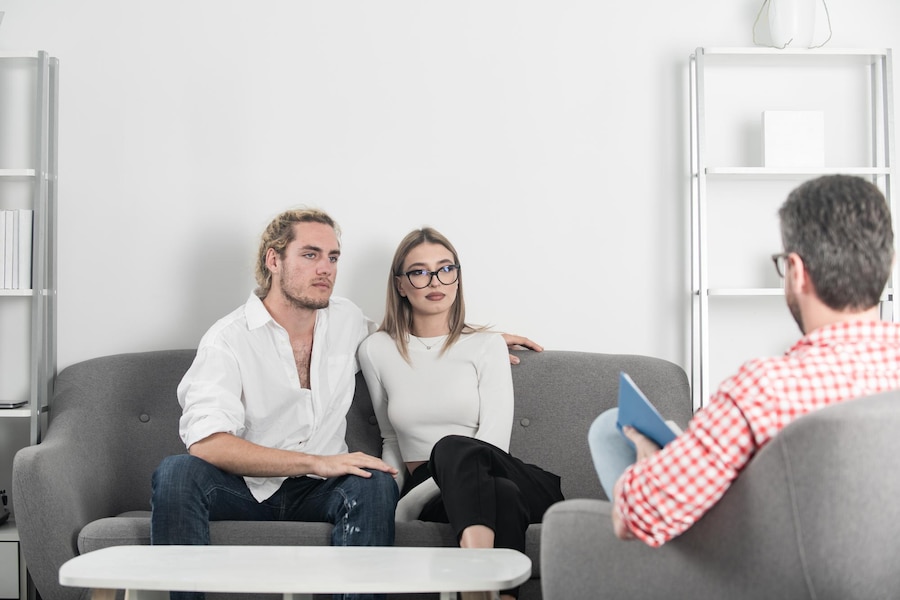

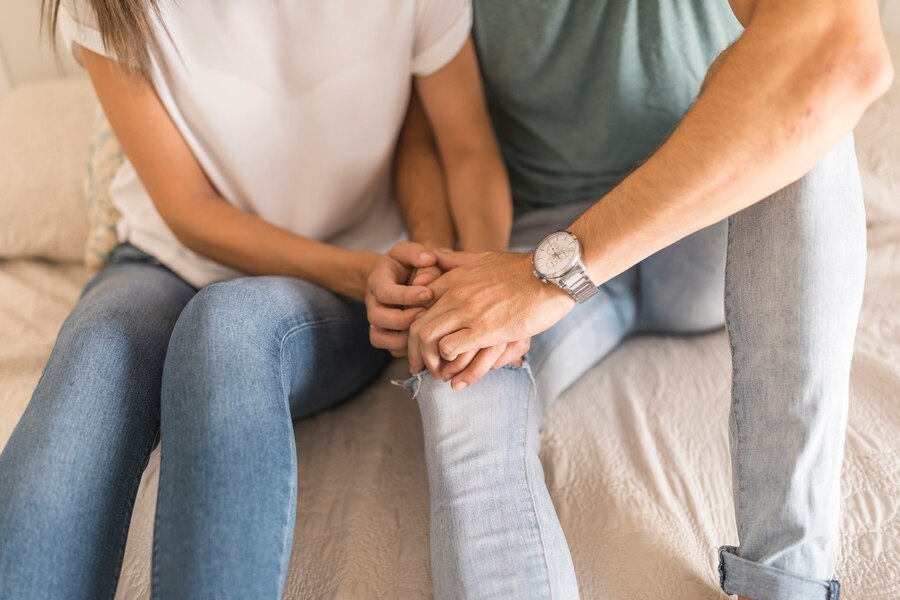

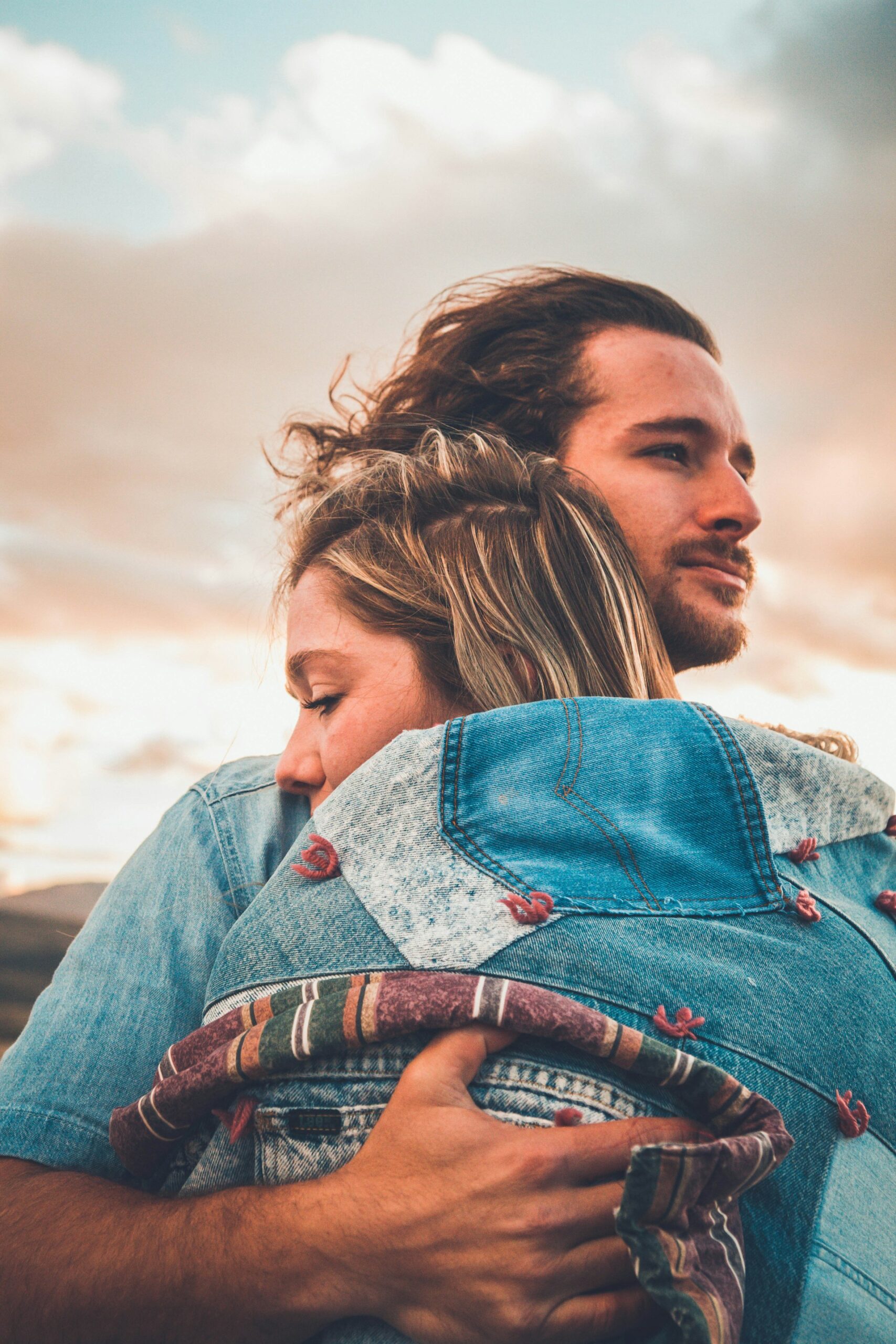



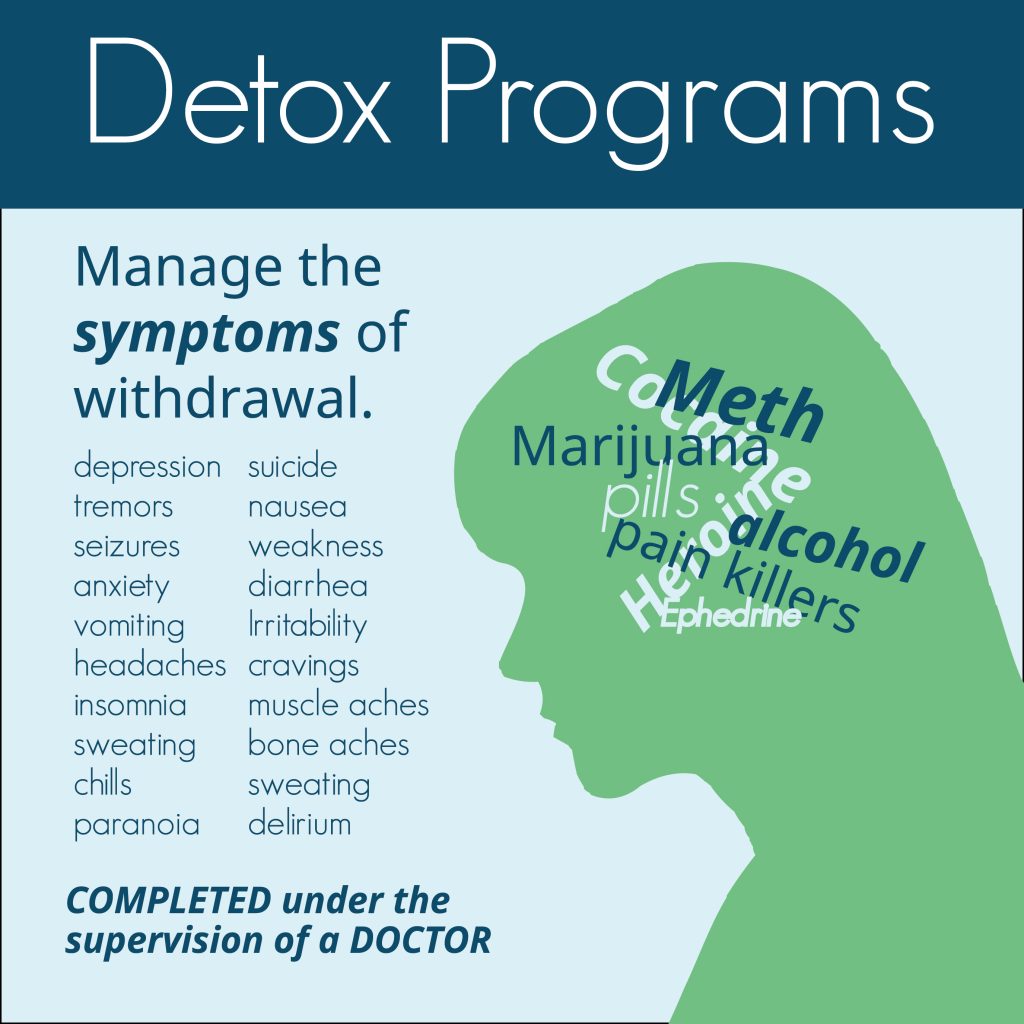

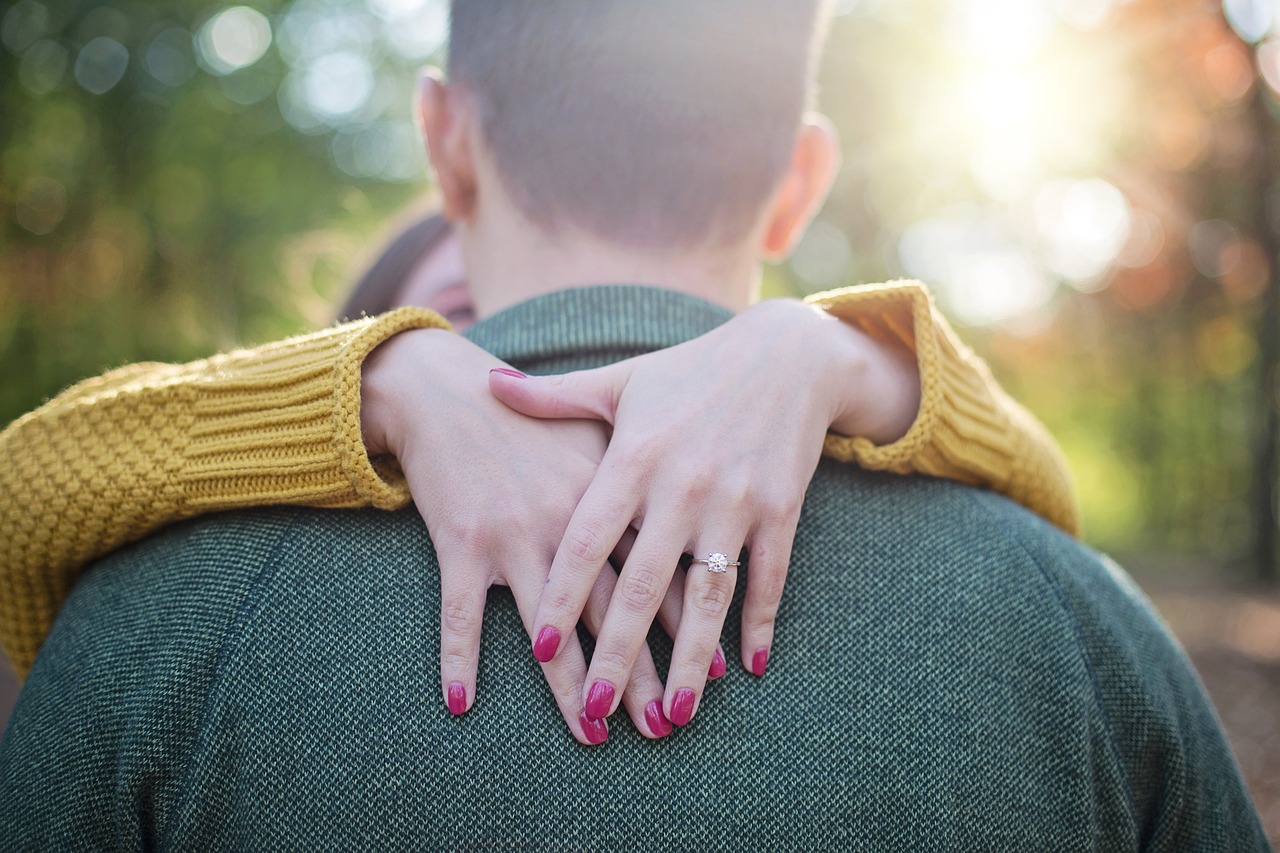


Recent Comments